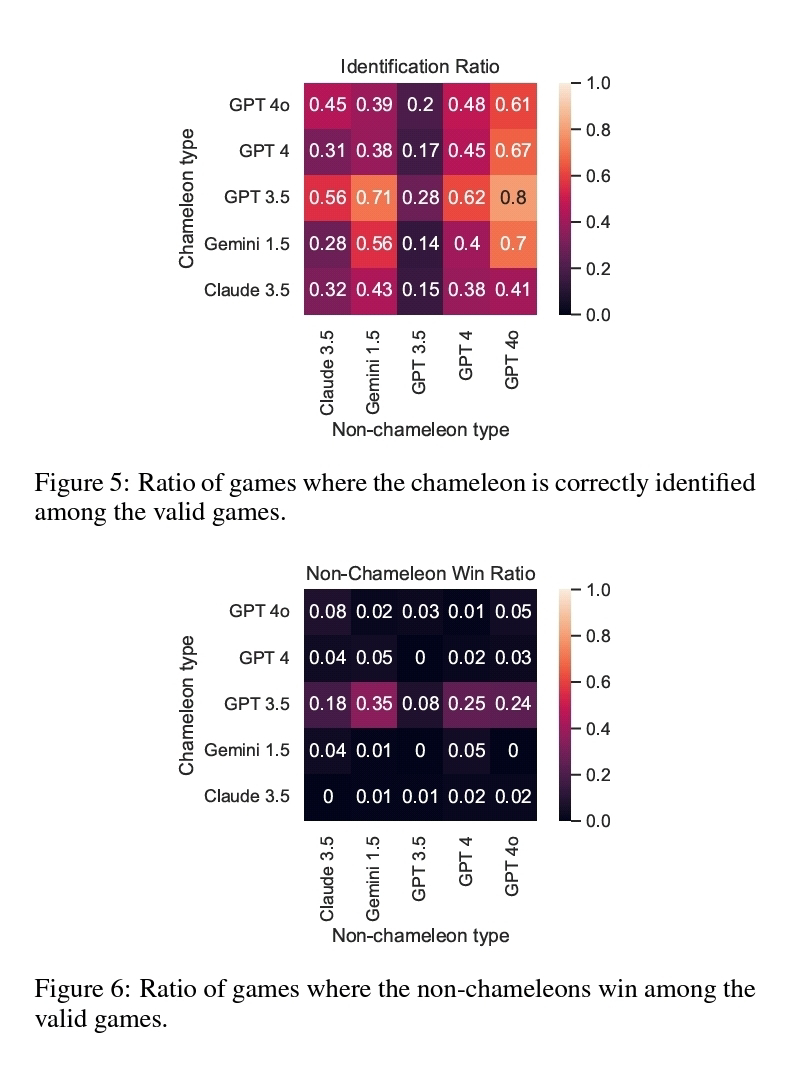<< Large language model (LLM) systems, such as ChatGPT or Gemini, can show impressive reasoning and question-answering capabilities but often ‘hallucinate’ false outputs and unsubstantiated answers. >>
<< Here (AA) develop new methods grounded in statistics, proposing entropy-based uncertainty estimators for LLMs to detect a subset of hallucinations— confabulations— which are arbitrary and incorrect generations. (Their) method addresses the fact that one idea can be expressed in many ways by computing uncertainty at the level of meaning rather than specific sequences of words. >>
Their method << works across datasets and tasks without a priori knowledge of the task, requires no task-specific data and robustly generalizes to new tasks not seen before. By detecting when a prompt is likely to produce a confabulation, helps users understand when they must take extra care with LLMs and opens up new possibilities for using LLMs that are otherwise prevented by their unreliability. >>️️
Sebastian Farquhar, Jannik Kossen, et al. Detecting hallucinations in large language models using semantic entropy. Nature 630, 625–630. Jun 19, 2024.
Also: ai (artificial intell) (bot), entropy, in https://www.inkgmr.net/kwrds.html
Keywords: life, artificial intelligence, LLMs, confabulations, uncertainty, hallucinations, entropy, semantic entropy
